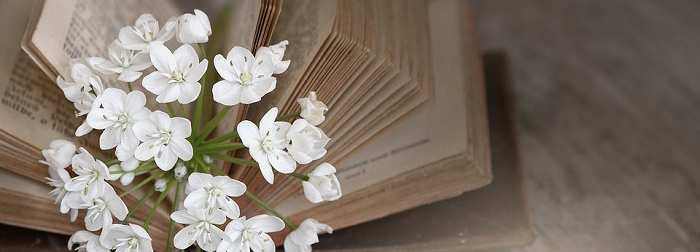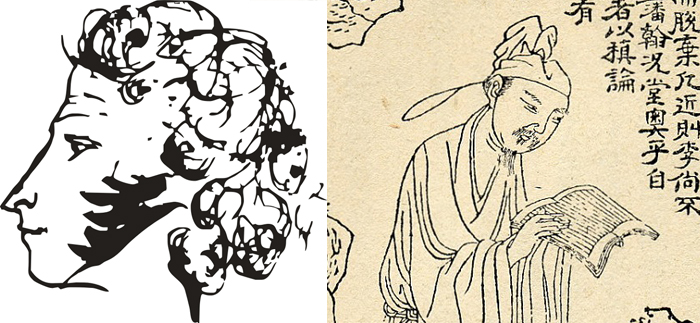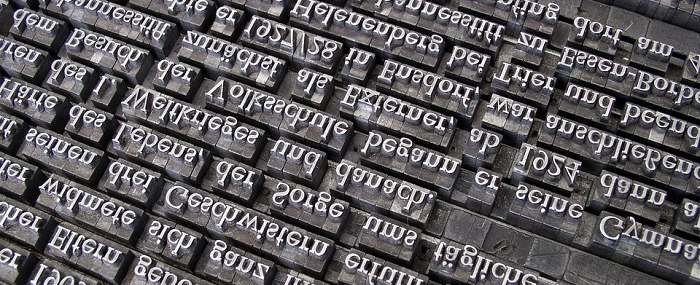Poetry. The word is loaded with ideas of Elizabethan romance, intentional obscurity and namby-pamby rhymes. Lest this be your only impression of poetry, the IU East Campus Library has plenty of resources available to demystify poems and poets for even the most non-lyrical reader.
First, poetry itself isn’t limited to a particular time, place, style or author. IU East keeps a number of poetry anthologies in its collection, ranging from contemporary American (The New Anthology of American Poetry) to Latino voices (Looking Out, Looking In) to a strict focus on 20th century poets (Twentieth-Century American Poetry) a collection focused entirely on a single place (Baghdad: The City in Verse). These broad overviews allow you to dip in and find something you like. If you already know of a poet whose work you want to explore further, we have plenty of volumes focused on individual poets as well. From Alexander Pope to Kei Miller, Du Fu to Yusef Komunyakaa, the IU East Campus Library has catalogued the works of hundreds of poets, over 1400 years of writing in one spot.
Poetry, of course, is not a linear or literal form of writing. Poetry often responds to the time in which it was composed, reflects the beliefs and viewpoints of the author and occasionally serves a purpose beyond beauty and wordplay. For this, literary criticism comes into play. If you’re interested in untangling the relationships among Mary Wollstonecraft Shelley, Lord Byron and Percy Bysshe Shelley, then the Dictionary of Literary Biography may have exactly what you need to know. If you’re more interested in contemporary responses to Pablo Neruda’s explosive yet sensual poems, Literary Criticism Online has 36 articles on Neruda’s Canto General alone. Else, a spin through the MLA International Bibliography may point you in the direction of poets you’ll soon know and love, like Su Dongpo, Kim Addonizio or Alexandr Pushkin.
But let’s say you want to dig deeper into the poetic process – how do poets actually write what they do? Well, the most direct route, of course, is to ask a poet. Luckily, many poets are willing to talk about their creative process, the meaning of poetry and their own struggles with the form. Natasha Trethewey, US Poet Laureate from 2012-2014, has conducted numerous interviews, many of which are collected. T. S. Eliot, one of the most renowned poets of the past century, gave a series of lectures open to the public as part of the Charles Eliot Norton series. And if you prefer your poetry live and in person, we can help you get into that, too.
Far from being a dead art form, poetry continues to enlighten, inform and explain the human condition. Unraveling its layers and understanding its gestures, however, can be a formidable challenge. Thankfully, we can help! iueref@iue.edu





